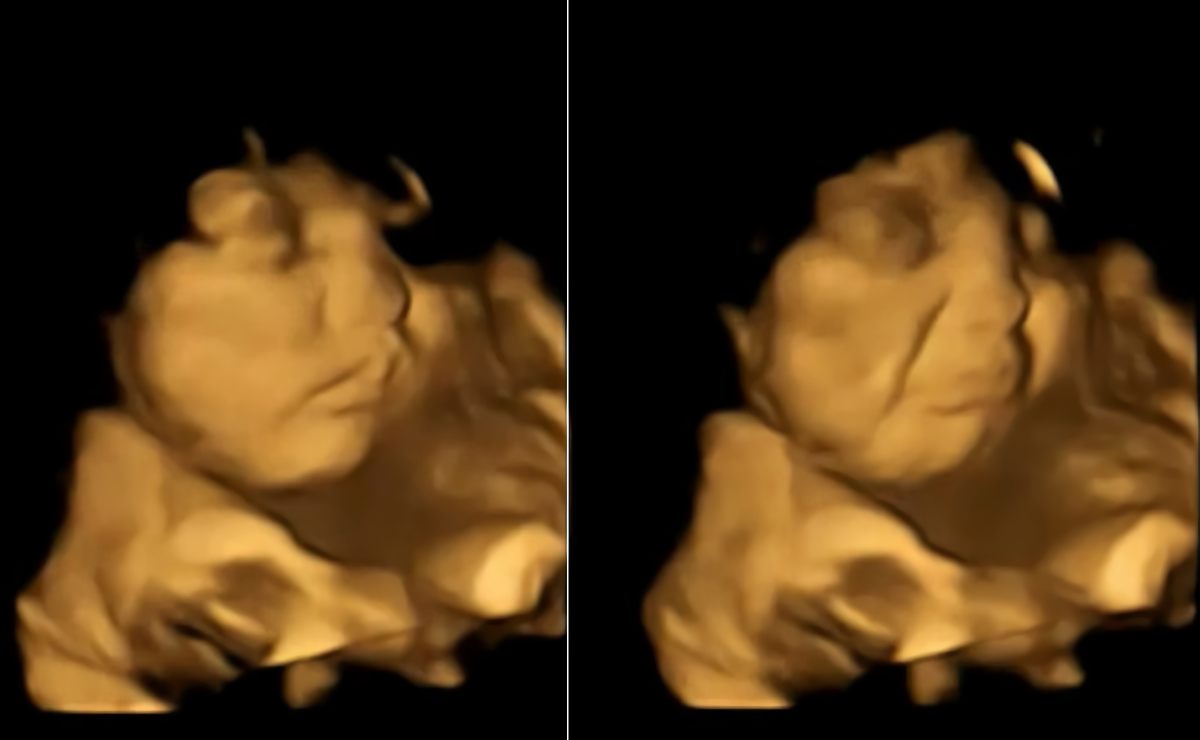Whether it’s disgust, illness, or a swaying ship deck, when we feel nauseous, our appetite disappears. Neurobiologists have now deciphered what happens in the brain during this process, uncovering a previously unrecognized mechanism. According to their findings, during nausea, specific cells in the amygdala fire and send appetite-suppressing signals to areas throughout the brain. Even intense hunger struggles to override their stop signals. However, these neurons do more than just cause loss of appetite, as reported by the team in “Cell Reports.”
There are various factors that can suppress our appetite: Intense stress, an infection, motion sickness, or the sight of something repulsive can make us feel nauseous. We then lose our desire to eat, even if we’re actually hungry. This break from eating gives the body time and resources to focus on immediate issues.
But what triggers the typical loss of appetite during nausea?
While the brain regions and circuits that regulate normal feelings of satiety and hunger are known, it was unclear whether they were also responsible for nausea-induced loss of appetite.
When Mice Feel Nauseous
To address this question, Wenyu Ding from the Max Planck Institute for Biological Intelligence in Martinsried and her colleagues focused on a brain region: the amygdala. It is a crucial center for processing emotions, particularly fear.
However, the central part of this brain area also contains neurons that control satiety. But which of these neurons fire during nausea? And how far do these signals extend?
For their experiment, Ding and her team induced nausea in mice using a chemical and then observed, among other methods using fluorescent markers and electrodes, how different groups of neurons in the central amygdala responded. Additionally, they tested the mice’s behavior: did they eat less when nauseous, even though they had previously fasted? How did nausea affect their behavior?
We Have Discovered a Completely New Type of Neuron
Surprisingly, they found something unexpected: In addition to the known satiety neurons in the amygdala, there is another type of brain cell in this area. These so-called Dlk1 neurons, however, do not fire during satiety but during nausea. “We found that these neurons are activated by nausea-inducing agents, bitter tastes, and gastrointestinal disturbances,” the research team reported. These neurons receive signals from many brain regions, including those processing disgust and unpleasant odors.
When these newly discovered brain cells fire, their signals block even strong feelings of hunger. When artificially stimulating these Dlk1 neurons in their brains, hungry mice stopped eating and even drinking. Conversely, turning off the Dlk1 cells in the amygdala caused the mice to eat even when they felt nauseous. This indicates that there is a specific circuit and unique brain cells for appetite loss due to nausea in both mouse and human brains, according to Ding and her team.
More Than Just A Loss of Appetite
But that’s not all. The team also found that these appetite-suppressing cells are unusually widely connected. While the known satiety neurons mainly target neighboring cells within the amygdala, the extensions of the Dlk1 cells send inhibitory signals to distant brain regions. As a result, this inhibitory effect extends even to the so-called parabrachial nucleus, a central interface between the cerebellum and brainstem.
This has consequences that go beyond mere loss of appetite and could also explain typical human behaviors during nausea: When the mice felt nauseous, they were less social than usual and sought less contact with their conspecifics. “However, these effects are not due to anxiety or altered movement,” Ding and her team explain.
Instead, the nausea-activated Dlk1 neurons are responsible for the signals.
The discovery of this specific appetite-blocking circuit provides valuable insights into the effects nausea has on our brains, as well as which neurons and circuits are involved. At the same time, it offers new insights into the complex regulation of our appetite and eating behavior.




















